
European politics: leaders struggle to contain rising populism
Anne-Sylvaine Chassany, Guy Chazan | 13 décembre 2017
Marseille’s far-right politician Stéphane Ravier feels robbed. After winning control of the Northern district of the French Mediterranean town in 2014 — one of the dozen victories emblematic of the National Front’s surge in local elections that year — he targeted a seat in the National Assembly. The race, in June, was his to lose: the outgoing Socialist had been convicted of embezzlement. But a 34-year-old political novice threw her hat in the ring at the last minute. Alexandra Louis, the candidate for La République en Marche, President Emmanuel Macron’s centrist movement, came second to Mr Ravier in the first round of voting. But in an echo of the presidential runoff, which saw Mr Macron defeat FN leader Marine Le Pen in May, Ms Louis won the seat with a 52 per cent share of the second round vote, amid low turnout and a campaign to stop her far-right rival. “She applied for the En Marche endorsement on the internet and secured it hours before the registration deadline,” says Mr Ravier. “My voters were gutted about losing the presidential elections. They didn’t show up.” Mr Ravier’s defeat in Marseille is typical of the impact of Mr Macron’s unlikely political rise on the FN and its blend of national-populism in France. After winning the presidency, the Europhile leader secured a large majority in parliament — triggering a sigh of relief in liberal circles across the EU.
Months before, nativist parties feeding on fears of multiculturalism, globalisation and European integration had seemed to be almost unstoppable. European capitals braced themselves for a turbulent electoral year in which populist parties vowing to upend the EU looked set for huge gains. Then the tide seemed to turn. First there was Mr Macron’s victory in France. And in September, Angela Merkel, the German chancellor who let in more than 1m refugees in 2015-16, most of them from Muslim countries, won the federal election. There were hopes that the populist wave may have peaked: and that France and Germany would now come together to relegitimise the European project. But academics warn that Mr Macron might be the exception, not the rule. More than 11 weeks since the Bundestag poll, Ms Merkel has still failed to form a government, and may face repeat elections. It is not the most stable of foundations on which to build an effective defence of the EU’s liberal values. Meanwhile, nativist ideas are continuing to infiltrate mainstream politics throughout Europe. Some warn that, as migratory pressures grow, the EU’s unity could come under threat. “Many have misjudged the French presidential outcome, when in reality all the facts are pointing in the other direction,” says Patrick Moreau, a Berlin-based researcher at Centre National de Recherche Scientifique, a French state research institute. He identifies the 2015 refugee crisis as the turning point. “Since then, immigration and its perceived threat to national identity have been key factors to understand shifts in European politics,” adds Mr Moreau.
Anti-immigration sentiment is on the rise. Nearly two-thirds of EU citizens believe immigration has a negative impact on their countries, according to a survey released last month by Fondapol, a Paris-based liberal think-tank. In 2014, 52 per cent of Europeans believed immigration was “an economic burden” according to Pew Research Center. In Germany, the rate was 29 per cent — compared with 51 per cent now saying it has a “negative impact” in the Fondapol survey. After a series of Islamist terror attacks, 58 per cent of Europeans now view Islam as a threat. They are ambivalent about refugees: two-thirds of those polled say it is a duty to rescue them, but 54 per cent say their countries cannot afford to take more of them. It is no surprise therefore that in a string of elections this year, voters have veered to the right. Nativism is now a generally accepted notion in countries such as the Netherlands and Austria, says Cas Mudde, a Dutch political scientist at the University of Georgia in the US. “Their leaders have banged on about a ‘nativism-light’ strategy to win,” he says. The trend intensified amid the economic decline and austerity policies engendered by the eurozone debt crisis. Some wonder if it might recede now that growth has returned to the region and unemployment is falling; this is the reformist Mr Macron’s gamble. But many experts say it is here to stay. “Populism doesn’t just feed off economic insecurity, but also off cultural clashes,” says Jean Garrigues, a French historian.
The liberal People’s party of Dutch prime minister Mark Rutte warned immigrants during elections in March that they had to assimilate or leave the country. Sebastian Kurz, the 31-year-old wunderkind who took over the leadership of Austria’s centre-right People’s party, campaigned on halting “illegal immigration”. He is now in talks with the far-right Eurosceptic Freedom party to form a government and has also suggested a rapprochement with the Visegrad group — Czech Republic, Hungary, Poland and Slovakia — that opposed Brussels’ plan to relocate refugees across the bloc. This tougher line is already beginning to influence broader EU policy. The European Commission is under pressure from some member states to ditch its “burden-sharing” system in favour of a voluntary plan and has vowed to beef up border controls. The backtracking would herald less solidarity among EU members in other areas: the Netherlands, for instance, now has a four-party rightwing coalition which has enshrined a tough stance against eurozone integration in its coalition deal. “I fear the rise of the nationalistic right, which has its roots in the migration crisis, will put the brakes on economic reforms too,” says Enrico Letta, a former Italian prime minister and head of Institut Delors, a pro-EU think-tank. “The whole notion of EU solidarity is under threat.”
Prof Mudde is among those who believe that “it all falls down on the Macron-Merkel axis to resist”. But relying too much on Ms Merkel might be risky. She, too, is under pressure from the rightwing of her party, the Christian Democratic Union, in the wake of elections in September that saw the conservative bloc fall to its worst result since 1949. Its performance was particularly bad in Saxony, a small east German state of 4m people. Local party chiefs are still shocked at the outcome in the state, a CDU stronghold since German reunification in 1990. “I have no explanation for it,” says Ulrich Reusch, the CDU’s regional chairman in Meissen. The party was beaten into second place in Saxony by the rightwing populist Alternative for Germany, a group that exploited anger over the influx of refugees. The election marked a breakthrough for the AfD. Set up only in February 2013 to protest against the Greek bailouts, it won 13 per cent of the national vote and entered the Bundestag for the first time, the only far-right party to do so in 60 years. Again, the biggest factor was immigration. Ms Merkel’s decision to keep Germany’s borders open at the height of the refugee crisis and the resulting backlash fuelled the rise of the AfD, particularly in eastern Germany. Saxony, the most successful of the east German states, with the lowest unemployment and one of the best education systems in the country, did not take in that many asylum-seekers. But that was the point, says Detlev Spangenberg, one of the crop of newly elected AfD MPs from the state. “Saxons have looked very closely at what has happened in the west of the country, and they don’t want to end up like that,” he says in his office in Radebeul. High levels of immigration have, he says, scarred Germany’s big cities, leading to “parallel societies” and “no-go” areas for police.
Even CDU politicians say the government misjudged the mood in the east. “People here feel ‘we brought down communism in 1989, we fought for and won our freedom and then these politicians come and say we have to open the border and let in all these refugees’,” Frank Kupfer, head of the CDU group in Saxony’s parliament, says. “There is this fear that someone is going to come and take everything away from us again.” In response to the AfD’s success, the CDU in Saxony is tacking to the right. The man named in October to succeed Stanislaw Tillich, who resigned as the state’s prime minister after the CDU’s election humiliation, is Michael Kretschmer, a conservative opposed to gay marriage and adoption rights for gay couples. He last year co-authored a pamphlet calling for a strong German “national culture”, based on the concepts of “homeland and patriotism”. Mr Kupfer says that to regain the trust of voters the CDU needs to push for speedier deportations of failed asylum-seekers and scale back “too generous” welfare payments to refugees. “We have drifted too far to the left,” he says.
The CDU leadership in Berlin has also got the message. In October it finally acceded to a demand from its more conservative sister party, the Bavarian Christian Social Union, that Germany should not let in more than 200,000 refugees a year, except in the case of humanitarian emergencies, and should keep them in special transit zones from which they can be swiftly deported if their asylum requests are rejected. The CDU’s French sister party, Les Républicains, is drawing similar conclusions after the stinging defeat of François Fillon, its scandal-stricken presidential nominee. Laurent Wauquiez, its new leader, has rejected any alliance with the FN, but has vowed to “bring back the disappointed voters who voted for the FN”. The 42-year-old former EU affairs minister intends to do so via a dose of identity politics and returning to the “true values of the right”. He is advocating measures including an end to medical health insurance for undocumented migrants. “France should not adapt to foreigners. Foreigners must adapt to France,” he has said at party meetings. Pressure is mounting on Mr Macron, whose popularity has slipped from two-thirds to about 50 per cent since his election, and his cohort of new parliamentarians. They appear increasingly isolated in Europe in their efforts to hold the centre by betting that economic reforms will help address anxiety over immigration, identity and security.
Read the article on ft.com.

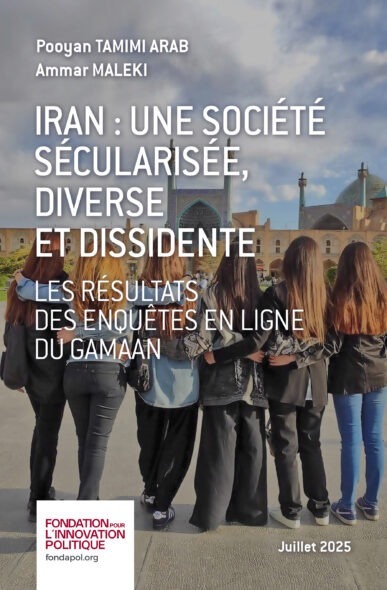
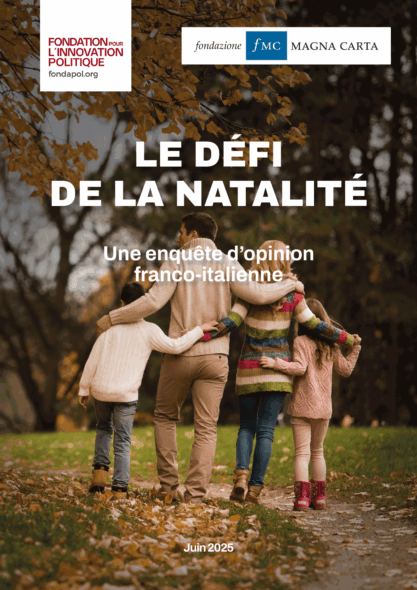
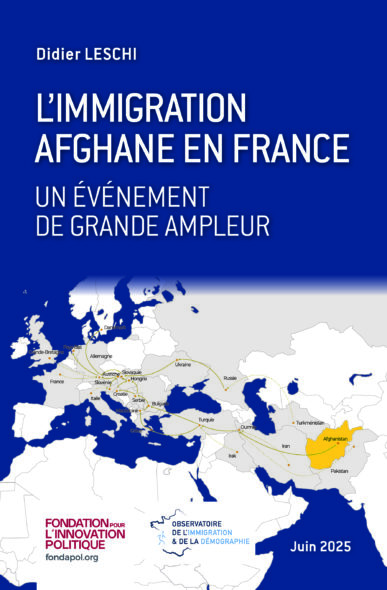

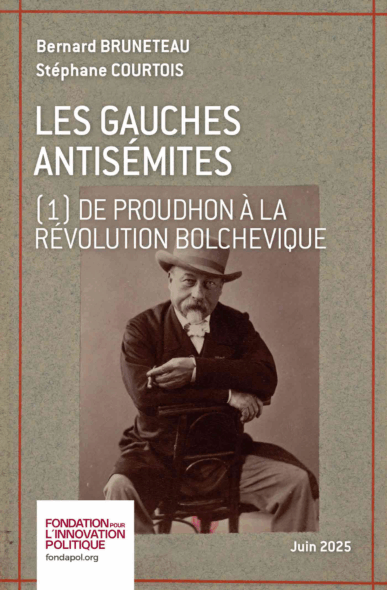
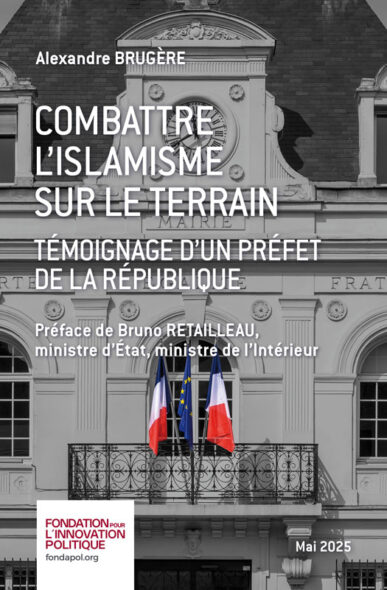
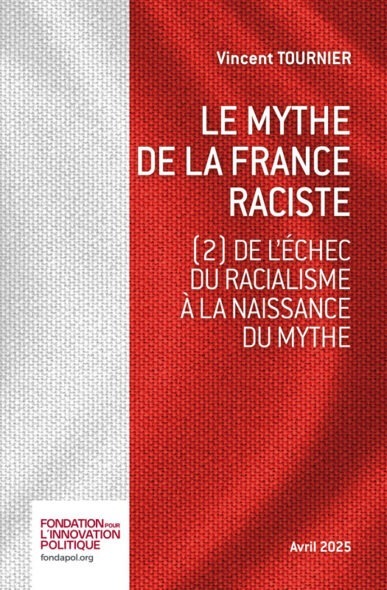

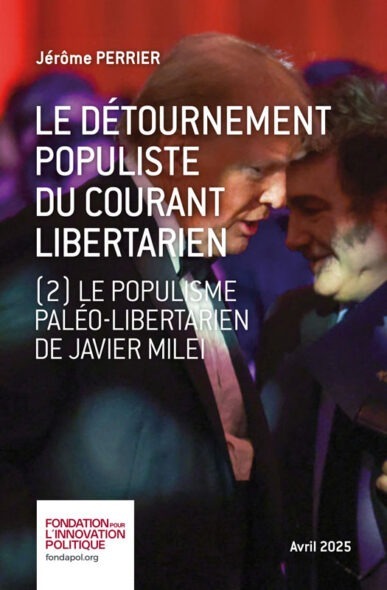
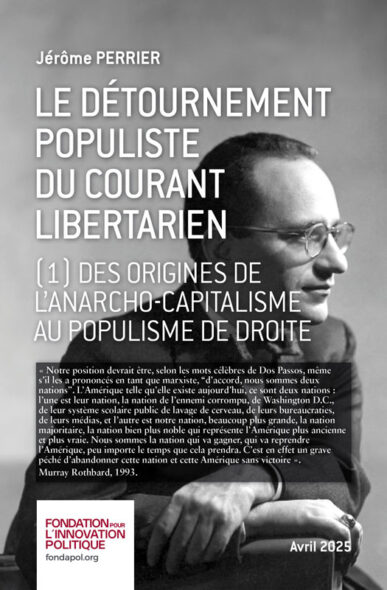
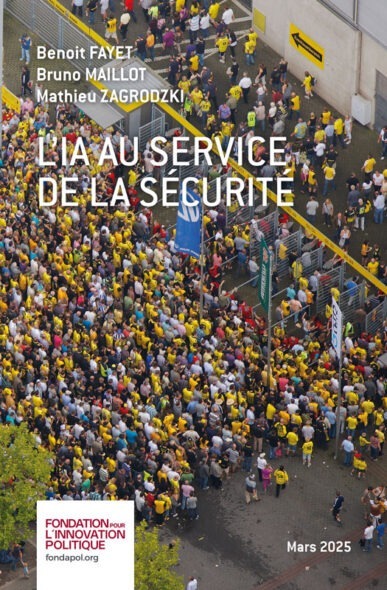
Aucun commentaire.